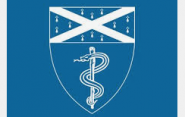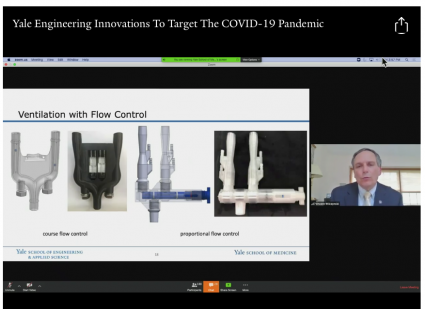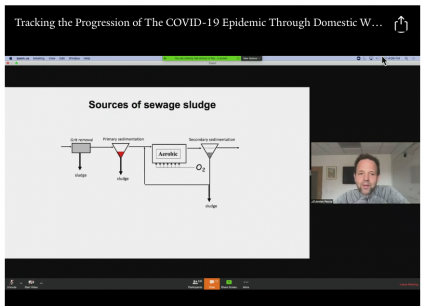Wilczynski and Peccia Speak at School of Med's Dean's Workshop

SEAS Deputy Dean Vincent Wilczynski and Prof. Jordan Peccia, spoke at Friday’s Virtual Dean’s Workshops addressing, a series hosted by School of Medicine Dean Nancy Brown to address COVID-19 issues.

Wilczynski outlined numerous projects from SEAS that aim to relieve the shortage of personal protection equipment for healthcare workers. These projects include developing technology to test the reliability of non-certified respirators to increase the amount of high-quality respirators in hospitals, 3D printing nasopharyngeal swabs to collect samples from patients, and creating devices that allow ventilators to treat more than one patient at a time.
The efforts began in mid-March with requests from clinicians facing an immediate need for more equipment to deal with the COVID-19 outbreak.
“For us within the School of Engineering, this is a classic engineering design process: Identifying the problem, coming up with solutions, quickly prototyping, and them and testing an iteration - it’s what we do in the classroom, it's what we do private development, and it's what we did to respond to this urgent call from our colleagues at the hospital,” Wilczynski said.
One of the first steps was the formation of the Coalition for Health Innovation in Medical Emergencies (CHIME). Formed to take advantage of the diverse range of expertise at Yale, it includes experts at the Center for Engineering Innovation & Design, Public Health, Nursing, and Medicine. Within days of its formation, it was rapidly generating, evaluating, and testing ideas in several key areas.
In a period of 30 days, more than 10 projects have developed. This is possible, Wilczynski said, because of the experience of SEAS faculty and staff have in the classrooms, developing biomedical devices and new technologies. The staff, resources, and expertise were already in place
“What is really key here is that every project here involved a team of teams with people such as nurses, physicians, technologists, engineers, students, staff, and alums participating on these tiger teams that took on these individual projects,” he said.

Peccia, the Thomas E. Golden, Jr. Professor of Chemical & Environmental Engineering, described his ongoing efforts in sampling local wastewater, which contains evidence of a number of pathogens and toxins. The research team is a collaboration that includes specialists from Engineering, Yale Epidemiology, the School of Management, the School of Medicine and others. Since March 19, it has been collecting daily samples from several wastewater sites in New Haven.
“Even as we move forward, there’s a constant need for more and more testing,” he said. “Without the ability to test every person in the population every day or in a rapid period of time, we need to think of some alternatives.”
Wastewater samples, he said, will reveal evidence of a virus in the population, even if those cases haven’t been confirmed with a test. If a disease exists in the community, it shows up in the wastewater.
“If we can sample sewage or sludge at a wastewater treatment plant, we’re sampling the contributions of the disease of viruses shed by individuals within a population every day,” he said.
Those samples are then taken to a lab and RNA is then extracted from them to determine the concentration of the coronavirus in them. Their results are then compared to the confirmed number of cases in the area to get a closer estimate of the actual prevalence and trajectory of the disease in the population. Peccia said the work will continue at least through the summer and, if necessary, into the fall.
You can watch the Dean's Workshop presentations here.

